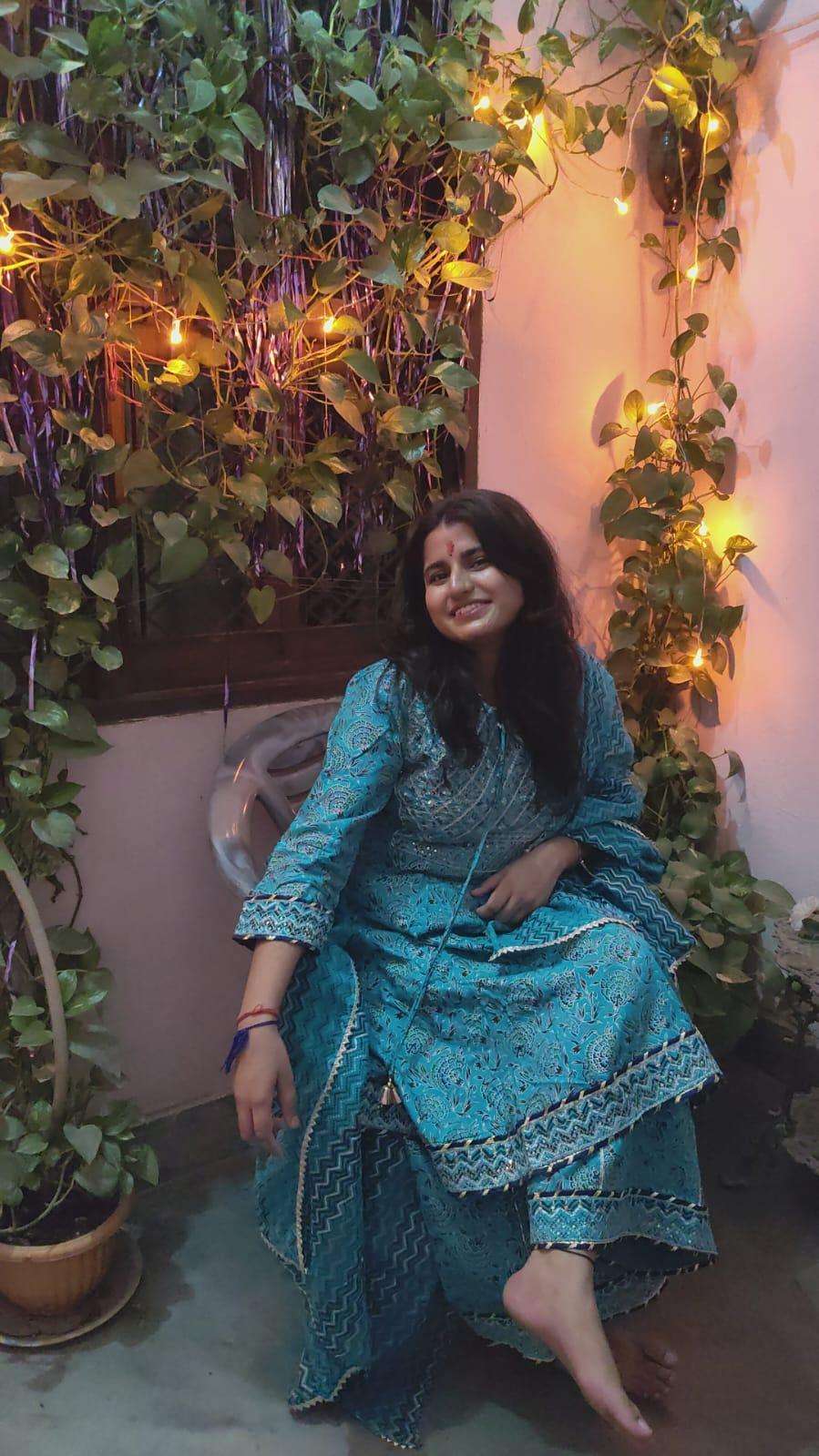Is Col Pali the new OCR!?
Even today, document retrieval systems struggle with PDFs or scanned files that have complex layouts — think tables, charts, images, or multi-column structures. The standard approach involves OCR → layout detection → chunking → embedding → search. It works… but it’s clunky, brittle, and doesn’t scale well across real-world data.
ColPali introduces a new method: skip OCR completely. Instead, it uses a Vision-Language Model (VLM) to directly process the document image and generate multi-vector embeddings that capture both the content and the layout in a single pass.
This is particularly useful for documents where structure matters — contracts, forms, invoices, academic papers. ColPali performs better on these types of documents, as shown by the ViDoRe benchmark.
Example scenarios:
A user wants to search across scanned contracts for a clause that appears in a footnote or table.
A company wants to make old regulatory PDFs searchable without reformatting or running OCR on thousands of pages.
You’re building a chatbot that needs to retrieve information from visual documents like forms or handwritten PDFs.
Traditional pipelines would require several fragile steps. ColPali simplifies this by doing everything — layout understanding, text encoding, and visual structure — in one shot using PaliGemma and a late interaction retrieval mechanism.
In this session, I’ll walk through:
The limitations of traditional OCR-based document retrieval
ColPali’s architecture
How these components work together
Demo/Tutorial to get started
Col Pali vs OCR when to select which
Col Pali architecture
Antara Raman Sahay

Would be interesting for you to demo a comparison of where this would shine against OCR